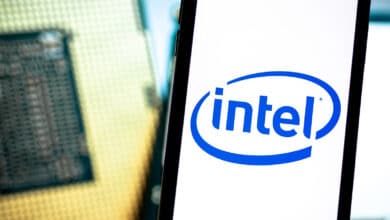
With the Digital Markets Act (DMA), the EU wants to tighten competition regulations for large online platforms. However, the U.S. government is now putting pressure on the EU to revise the current drafts and not only target large U.S. companies.
Digital Markets Act becomes a contentious issue
The U.S. is far from happy with the EU Parliament and Council of Ministers’ position on the proposed Digital Markets Act. The politics magazine Politico has a lobby paper from the U.S. government on the matter, which issues a warning to the European Union. It states:
“We believe it is important that regulatory efforts on both sides of the Atlantic do not create unintended negative consequences, such as unintended risks to cybersecurity or damage to technological innovation.”
The EU Parliament’s DMA Directive sees the limit at a market capitalization of more than 80 billion euros, which the U.S. feels threatened by. It would be seen as “efforts to target U.S. companies in particular, while similarly situated non-U.S. companies would not be covered by it.”
For the European Union, U.S. tech giants such as Google, Apple, Facebook, Amazon, Microsoft and AirBNB in particular fall under the Digital Markets Act. Together with the Digital Services Act, the Digital Markets Act is one of the core elements of the EU’s digital strategy.
U.S. sees risk regarding security vulnerabilities
The document from Washington also reveals that the U.S. sees a risk from security gaps in the implementation of the DMA in certain requirements. Especially in the area of so-called “sideloading”. This allows users to install files and programs that come from sources other than the official app stores of Google and Apple.
Especially Apple around CEO Tim Cook is already fighting intensively against the implementation of the sideloading restrictions and sees it as a “destruction of the security of iPhones”. The U.S. government also does not like the fact that, according to the EU Parliament, voice assistants such as Amazon Alexa and Siri, browsers and smart TVs are also to fall under the general conditions of the Digital Markets Act.
Here, one is critical of a tightening of the guidelines compared to the original EU draft legislation. The U.S. government also criticizes the increased penalties for violations of the requirements in the current draft, while at the same time warning the EU against a hasty implementation of the DMA. At least 12 months for implementation and three months for gatekeeper notification requirements to the Commission are fair, it said.



